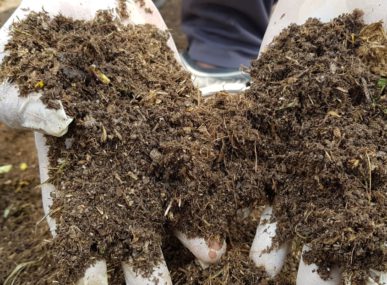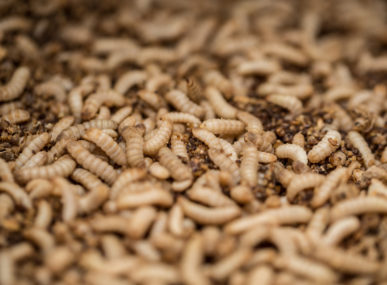According to Mansour, the family-run project is scalable in terms of having bigger growing chambers that would increase production and yield, and also in terms of the product varieties that it could offer. “It will be necessary to hire full-time staff for all the phases previously mentioned, in contrast with 1 part-time farmer employed currently,” Mansour explains. “Also, these growing rooms will take advantage of the stable underground temperature & humid environment to minimize the need for electricity to generate heat & cool growing spaces,” he adds.
Lili’s Farm was part of the SwitchMed Business Model Development training, in 2017, where Mansour worked on framing his green business canvas. “I started my incubation period in April 2018. Maya Karkour from Eco-Consulting and Antoine Karam from Proquale are mentoring me to develop a comprehensive business plan, enhancing my managerial and operational approaches and improving the circularity of my business,” Mansour says.
Besides that, the SwitchMed technical assistance helps Mansour and his farm through the program’s own technical experts, Zeina Ajami and Ahmad Khattab. They both help Mansour formulate his own services to upgrade a productive infrastructure and sustainable production lines. Another problem that the SwitchMed incubation program help address is land scarcity. This comes through building earth-sheltered growing rooms and the SwitchMed program would help with the designing and financing of a prototype.
“I also benefited from SwitchMed access to finance activities taking part of a specific training programme, and then connecting me to a number of investors and donors in Beirut, to pitch my business idea and receive feedback,” Mansour adds.
Check Lili’s Farm website and Facebook page to learn more.
Photos: Eberhard Grossgasteiger and Thomas Millot on Unsplash.


